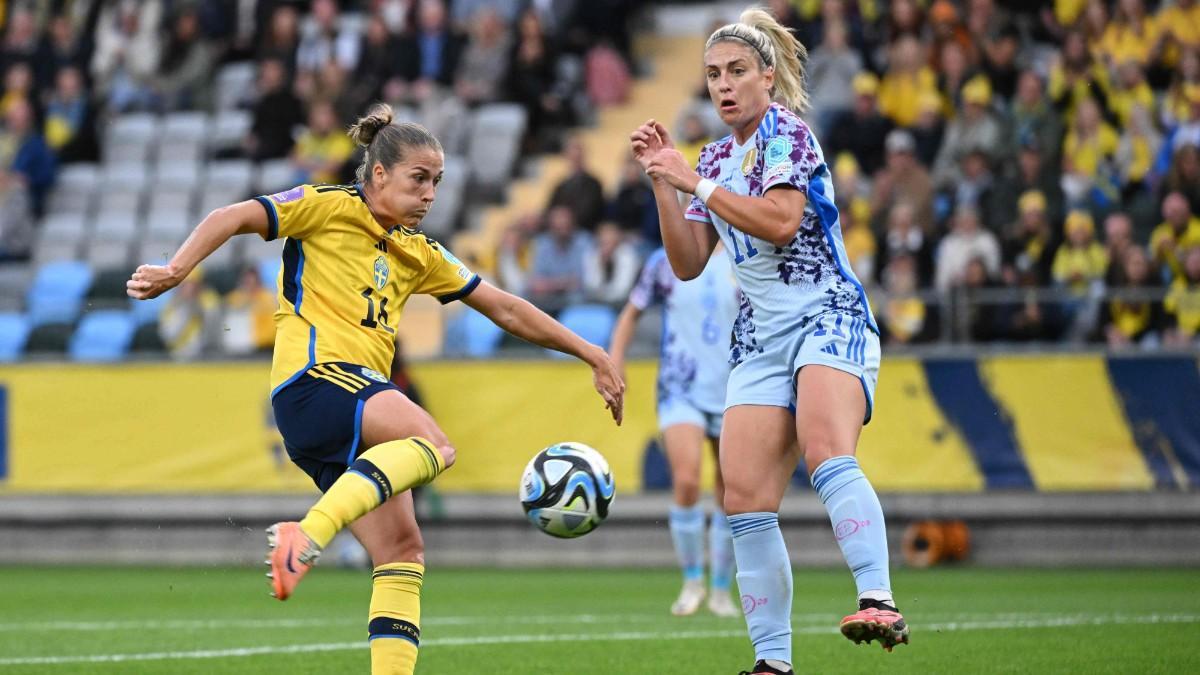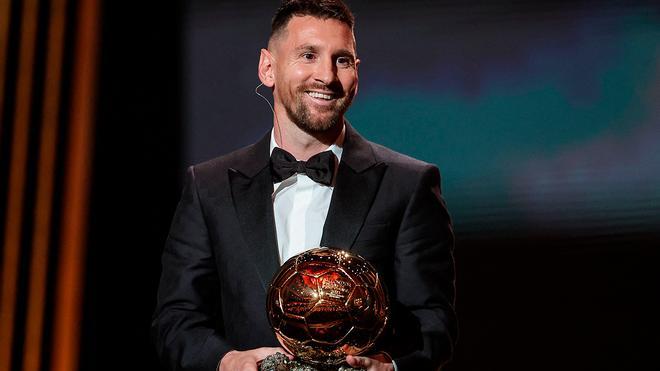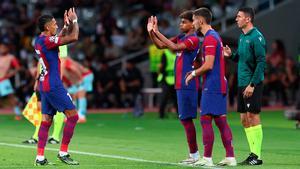Can you imagine football without power struggles?


People like football. And many people who have grown up in the sport also like to be in charge. Even politicians want to feel that they have some influence over what happens in one of the industries that in Spain is not only relevant because of the money it moves, but also because of the public impact it has.
And the process of change at the Royal Spanish Football Federation (RFEF) is a clear example. Used by many to create a fictitious counterweight to La Liga in the last five years, today the bill is being passed on for more than questionable management and decisions are being imposed that the regulator itself would not have dared to undertake.
In this sense, we must applaud the firmness of the women's national team players, who with the speeches of Irene Paredes and Alexia Putellas have made it clear that they want to take the loudspeaker and use sport as the mechanism for social transformation that it is.
The doubt that some of us now have is what will come after the so-called 'Rubialismo'. You can bet on the certainty that some territorial leader will want to run for office, and then we must ask ourselves what skills or potential do any of those who have applauded and tolerated a management model that has pitted the Federation against professional football, a large majority of semi-professional football, futsal and women's football, have.
The desire of many is for an independent candidate to emerge, who will obviously be labelled a La Liga 'dolphin' or similar. It already happened in 2018. My only wish is that things change, and change a lot, in the new Olympic cycle. And that everything goes through a sport without internal power wars.
If Spanish football has grown as it has in recent times without being united, imagine what could be achieved if it were. A Federation that understands that its role as a regulator is more important than that of a marketer, that behind closed doors doesn't care who earns more, but that there really is revenue for the growth of the competitions below La Liga and Liga F.
The model developed in recent years has meant that all aid to non-professional football comes from income not generated by the competitions themselves, but from what comes in from the Super Cup, Cup and national team, all of which are professional. And that is the main challenge for the future president, who will have to refocus management, from that of confrontation to attribute powers to himself by decree to that of putting the value of the product on the market.
Padel and the Kings League as a concept
The Kings League has been a commercial success. Whether it will be a product capable of rivalling traditional sport as a premium product for broadcasters and sponsors is open to debate, but it has found its space, a clear audience and interested brands.
The challenge for them now is to make it profitable, with much higher revenues or by adjusting costs, and more consistency over time after this first year. But another element of success is that the industry already uses its name to refer to a certain entertainment format.
This is the case of the Hexagon Cup, which in a way replicates the concept developed by Kosmos for 7-a-side football. It is a one-off tournament, i.e. it does not have a circuit with further tournaments and in principle it will only be played once. And they are going strong.
Among its founders are the creators of Formula E, the electric alternative to Formula 1; they have created a prize pool of one million euros; its debut will be in Madrid in style, and is not looking bad with the captains of the first of the six teams announced: Paquito Navarro and Ale Salazar. It remains to be seen whether celebrities will now arrive to ensure that the success is also a success for the audience.
Topics with the letter




